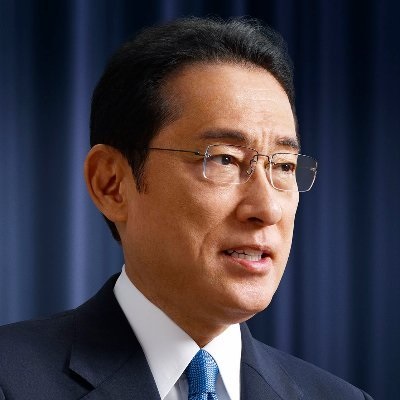Tokyo, (Asian independent) Approval ratings for Japan’s ruling Liberal Democratic Party (LDP) has sunken to a record low in the wake of its slush fund scandal, according to the latest opinion poll.
Public support rate for the LDP dropped to 14.6 per cent, down 3.7 percentage points from the previous month, Japanese news agency Jiji Press said in its latest survey as quoted by Xinhua news report.
It marked the lowest rate since the monthly poll started in 1960, excluding periods when the LDP was an opposition party, showed the January survey released on Thursday.
Last week, Seiwaken, the largest LDP faction formerly led by the late former Prime Minister Shinzo Abe, which was at the centre of the enduring slush fund scandal, announced the decision to dissolve itself.
In the meantime, Prime Minister Fumio Kishida pledged to disband the LDP’s fourth-largest faction that he led until last month, and the faction led by former LDP Secretary-General Toshihiro Nikai also announced its disbanding decision.
Japanese prosecutors on Friday filed charges against several individuals from three factions within the LDP, indicting without arrest the chief treasurers of the Abe and Nikai factions.
All indicted individuals, suspected of failing to report part of the factions’ revenue from fundraising events, faced charges of false accounting, in violation of the political funds control law.
At the end of last year, in the wake of the unfolding scandal where five major factions were suspected of paying kickbacks to member lawmakers who sold fundraising party tickets above their quota without recording the amount as revenue in its political fund reports, over 10 senior officials or heavyweight lawmakers have stepped down from their positions in Kishida’s cabinet or in the LDP.
Local media reports showed that the Abe faction was suspected to have pooled secret funds amounting to 600 million yen from 2018 to 2023, with more than 200 million yen involved by the Nikai faction. The underreported amount of the Kishida faction amounted to about 30 million yen from 2018 to 2020.









